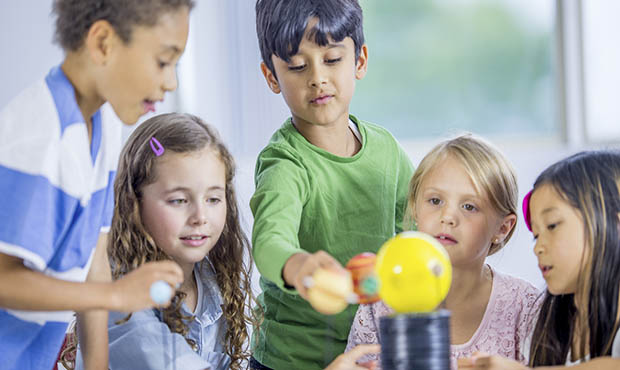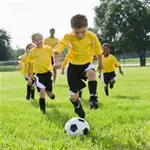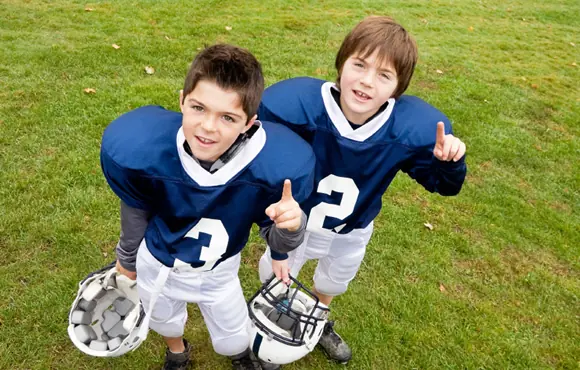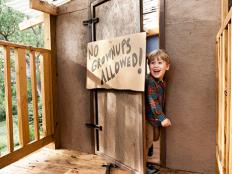
When it comes to summer camps, there's no shortage of topics or interests for your child to pursue.
From an everyday arts and crafts camp, to a weekend soccer camp, to a sleep away camp in the great outdoors, you can find pretty much anything for your little tike. But with all those choices, it's difficult to know where to invest your money—and what subject will best benefit your child for years to come.
Space camps, whether local or national, have numerous advantages for kids. Aside from learning about the natural world and pursuing math, science and physics in a supervised environment, space camps teach critical life skills that resonate long after campers have packed up their telescopes.
Problem Solving
Space camp is an extraordinary opportunity for your child to work on their problem-solving skills. Many programs feature simulated exercises that focus on surviving and handling unexpected catastrophes.
Take the United States Space Camp for example, the most well-known and renowned camp of its kind, operated at the U.S. Space & Rocket Center in Huntsville, Alabama. At every age level, this camp offers a program that specifically nurtures problem-solving skills in young attendees.
The Mach I program, for children grades 4 through 6, teaches everyday military-inspired survival skills, like building shelter, finding food and surviving in the water. Space Academy, a program for kids in grades 7 through 9, revolves around a simulated space mission to the moon, where campers must respond to unexpected complications that threaten the mission.
Creativity
Though it may seem like space is a realm meant just for the hard sciences, creativity is a crucial part of the camp experience.
For example, many space camps offer an introductory course in robotics, or the study of robots. Whether it's a robotic arm that can reach out and move objects in space or a fully functional rover, robotics play a big part in space exploration.
If you're interested in capitalizing on your child's creative flair outside of the arts, consider enrolling them in a space camp that offers a robotics component. Not only will they learn how to construct and design a robot, which takes serious creativity and imaginative thinking, but they will also learn how to program it—a crash-course in real-world engineering.
Teamwork
You rarely hear about a one-man shuttle launched into space. Instead, a manned-flight usually involves a crew, with each member having their own expertise and responsibility to the mission.
Space camps also utilize this structure when facilitating activities, emphasizing the importance of teamwork. Popular exercises revolve around working in groups and figuring out solutions together.
Whether campers are preparing a rocket to launch, conducting a search-and-rescue operation or acting out their roles as part of a flight crew to Mars, they must work together to be successful.
Abstract Thinking
Much of space is still unknown to even the most renowned astronomers. From black holes to extraterrestrial life, space is a question to be answered. Campers have to employ abstract thinking to understand the wider reaches of space.
Abstract thinking is the same skill set children tap into when they play "pretend." In other words, it's the ability to think and generalize without concrete facts or knowledge.
Introductory courses about space will explore topics that challenge your child's young mind as they try and imagine what space is like, whether it's our own Milky Way or far beyond.
Ready for your child to develop these important skills? Find a space camp near you.
About the Author

Jackie Veling is a past Senior Editor at ACTIVE.com. She’s passionate about overall wellness and body positivity, and her favorite way to stay active is through running. You can follow her on Twitter.









Discuss This Article